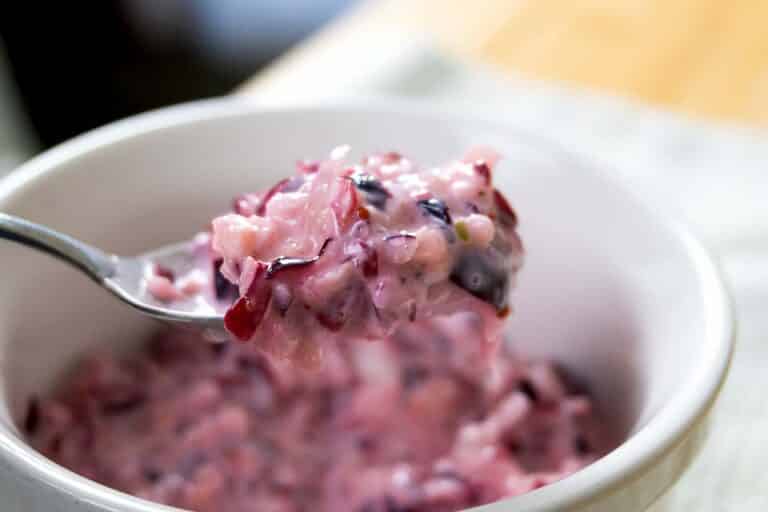Comparing Ajwain and Fennel: A Closer Look at Two Versatile Spices

In the diverse world of spices, ajwain and fennel seeds hold prominent positions, especially in Indian cuisine. Though they may be confused due to their somewhat similar appearance and shared botanical family, their flavors, uses, and effects in dishes are markedly different.
A frequent question asked by spice enthusiasts is, what is ajwain in English? The answer is simple: carom seeds.
What is Ajwain?
Ajwain, also known as carom seeds, is derived from the Trachyspermum ammi plant. These small, oval seeds have a sharp, pungent flavor reminiscent of thyme, which can be attributed to their thymol content. Ajwain’s intense flavor is suited to dishes that can handle a bold, almost bitter taste.
What is Fennel?
Fennel seeds come from the Foeniculum vulgare plant. These seeds are slightly larger and greener than ajwain, with a sweet, aromatic profile that echoes the taste of anise or licorice. This sweetness makes fennel a versatile spice that enhances both savory dishes and sweet preparations.
Flavor Profiles and Culinary Uses
Ajwain:
- Used whole in various breads like parathas.
- Added to legumes and vegetables to enhance digestion and flavor.
- Common in savory Indian snacks and deep-fried foods.
Fennel:
- Often found in Italian sausages, meatballs, and savory breads.
- Used in Indian sweets and pastries.
- Brewed as a digestive tea or chewed as a breath freshener after meals.
Health Benefits Comparison
Both spices are known for their health benefits, though they offer different advantages:
- Ajwain aids in digestion, acts as an anti-inflammatory agent, and offers relief from respiratory conditions.
- Fennel is rich in vitamins and minerals, supports digestion, helps with water retention, and has potential anti-inflammatory effects.
Substitutability and Culinary Impact
Despite being from the same botanical family, the distinct tastes of ajwain and fennel mean they cannot be substituted for one another without significantly altering the flavor profile of a dish. Ajwain’s robustness is best in dishes that need a flavor boost, whereas fennel’s subtle sweetness is ideal for recipes that call for a mild, aromatic touch.
Understanding the unique characteristics of ajwain and fennel not only enriches your cooking but also allows for more informed spice choices that can dramatically influence the outcome of your culinary ventures.






